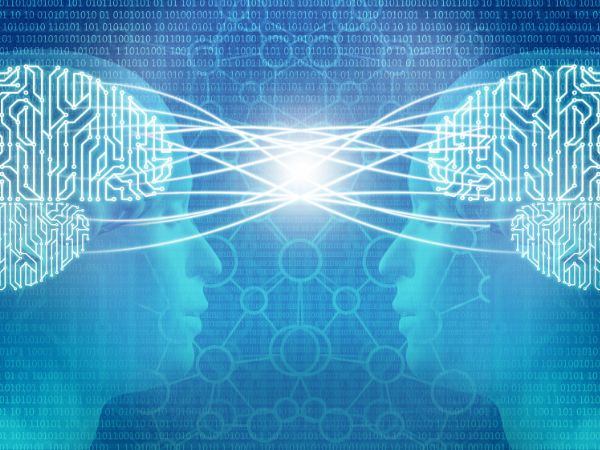Lie detection, also known as polygraph testing, has long been a subject of fascination and intrigue. Unraveling the intricacies of human behavior and understanding the psychological aspects of lie detection is a crucial component of effectively using this tool. At Lies2Light, led by experienced examiner Justin Erasmus, we believe that delving into the psychology behind lying helps us offer a deeper understanding of the process. In this blog post, we will explore the psychological aspects of lie detection, shedding light on the complexities of human behavior and the role Lies2Light plays in deciphering the truth.
The Cognitive Load of Deception

Deception places a significant cognitive load on individuals attempting to lie convincingly. The human brain must simultaneously manage the act of crafting a false narrative, suppress signs of anxiety or stress, and maintain consistency in verbal and nonverbal cues. This cognitive strain can lead to observable physiological responses, such as increased heart rate, shallow breathing, and sweating, which lie detectors monitor during polygraph testing.
During lie detector tests, the examiner asks relevant questions designed to elicit stress responses in the individual if they are being untruthful. Lies2Light's examiner, Justin Erasmus, possesses the expertise to analyze these physiological changes and distinguish truthful from deceptive responses, providing valuable insights into the individual's state of mind.
The Influence of Emotional States on Lie Detection
Emotional states play a crucial role in the process of lie detection. Individuals who experience guilt, fear, or anxiety regarding the consequences of their lies may exhibit stronger physiological reactions when attempting to deceive. Conversely, skilled manipulators or individuals with little remorse may display fewer outward signs of stress, making deception more challenging to detect.
Lies2Light's approach to lie detection acknowledges the importance of understanding the emotional context of each case. By combining their expertise with an empathetic understanding of the individual's emotional state, Justin Erasmus and his team can create a supportive environment that encourages truthful responses and fosters a deeper understanding of the psychological dynamics at play.
The Impact of Personality Traits on Lie Detection

Personality traits can influence both the likelihood of lying and the effectiveness of lie detection techniques. Certain personality types may be more inclined to engage in dishonest behavior, while others may have better control over their emotional responses, making deception harder to detect.
For example, individuals with high levels of extraversion and low levels of agreeableness may be more prone to deceptive behavior due to their assertiveness and self-interest. On the other hand, individuals with higher levels of emotional stability may be more adept at concealing their stress responses during lie detector tests.
Lies2Light's experienced examiners take personality factors into account when conducting polygraph tests. By understanding the individual's unique characteristics, they can tailor their approach to enhance the accuracy and reliability of lie detection results.
The Role of Memory and Recall in Lie Detection
Recalling fabricated details can be challenging, as the human brain tends to be more proficient at recalling genuine memories than fabricated ones. During lie detector tests, examiners often ask control questions to establish a baseline for the individual's physiological responses when telling the truth. By comparing these responses to those during relevant questions, Lies2Light's examiners can identify discrepancies that may indicate deception.
Understanding the intricacies of memory and recall is vital for the accurate interpretation of lie detector test results. Lies2Light's team of experts relies on their extensive knowledge of cognitive processes to distinguish between genuine and fabricated information, ensuring that clients receive accurate and reliable lie detection assessments.
Cultural and Social Influences on Truthfulness

Cultural norms and social conditioning can significantly impact truthfulness and deception. In some cultures, individuals may prioritize preserving face and avoiding conflict, leading to more frequent instances of deception. Additionally, social pressure to conform or protect others can also influence an individual's propensity to lie.
Lies2Light recognizes the importance of cultural and social influences on truthfulness. Their examiners approach each case with cultural sensitivity, taking into account these factors to ensure accurate and contextually appropriate lie detection results.
The psychological aspects of lie detection offer a captivating glimpse into the complexities of human behavior. As individuals attempt to deceive, their minds engage in a delicate balance of cognitive processes, emotional responses, and personality traits. Understanding these psychological dynamics is essential for effective lie detection, which is the cornerstone of Lies2Light's mission.
By combining expertise in polygraph testing with empathy and cultural awareness, Lies2Light's examiners unravel the psychological intricacies of deception. With Justin Erasmus at the helm, the Lies2Light team helps clients seek the truth and foster a deeper understanding of human behavior, ultimately promoting trust, integrity, and transparency in all facets of life.
